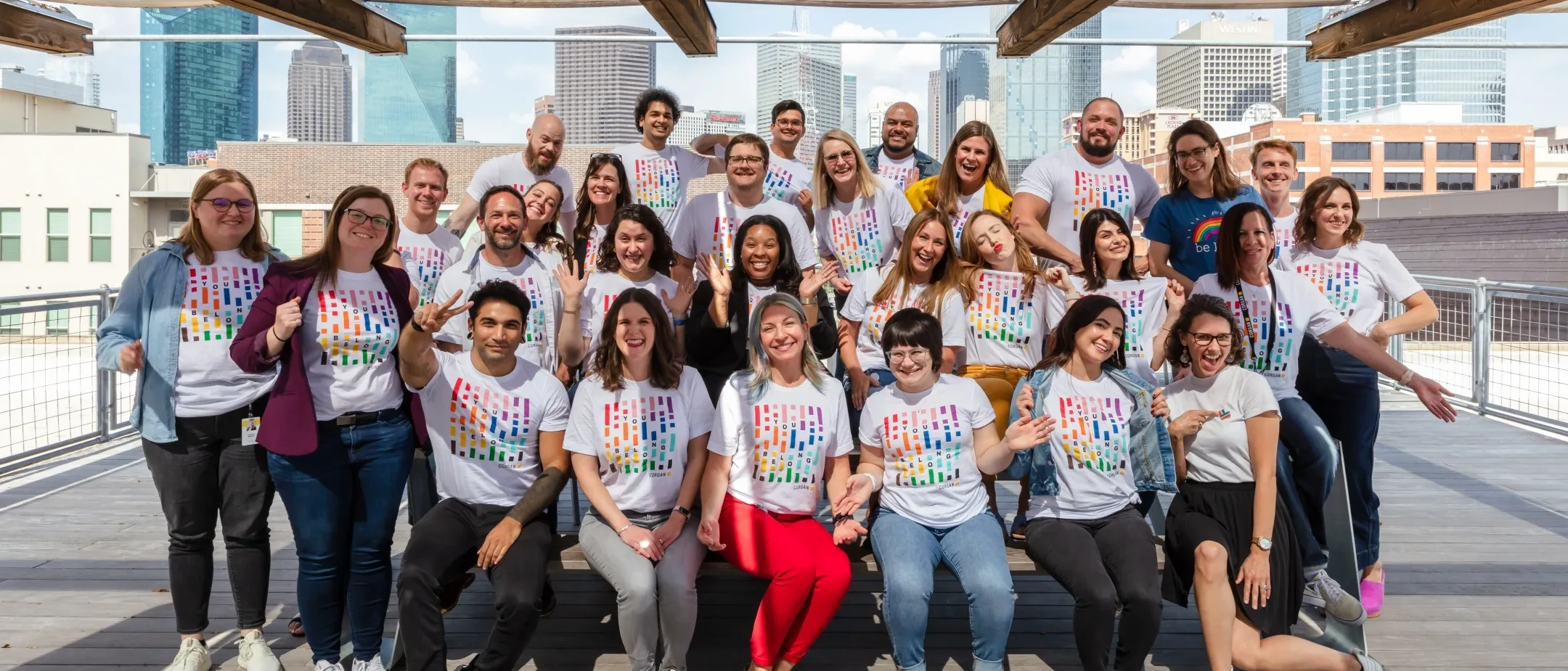You’ve likely heard the term by now. Corporate Social Responsibility. But what does it mean and why are we discussing it on a marketing blog?
The Meaning
Corporate Social Responsibility (CSR) is the idea that a business, no matter the size, has a responsibility to ensure that it is positively impacting society. In previous years, if you asked a variety of people what this meant, they might reply with something about recycling and sustainability.
But it’s progressed well beyond that. An article in the Harvard Business Review notes that there are 4 categories within CSR: Environmental, Ethical, Philanthropic and Economic.
Regardless of what one may think about the initiative personally—and there are plenty of loud voices on both sides of the movement—it’s something that has gained an incredible amount of momentum and shouldn’t be ignored. Most large companies have jumped in with both feet and have created entire initiatives around CSR. When checking a variety of corporate websites, you’ll find CSR Statements, focus group statements and company supported initiatives.
Educational Components
Over the coming weeks, we’ll be dropping more posts and additional content that speaks to various different categories, as well as the overarching concept of CSR. However, the primary purpose of this post is to share what INM is doing as an organization.
We’re not naive here. Some companies may be doing this out of a moral obligation or perceived societal pressure. Others may be doing it as a marketing tactic. For us, the idea of doing something…anything…that can help make this planet a better place for our neighbors, our teammates, our children and our grandchildren is imperative.
In the past few years, we have had conversations with clients and vendors that have underlined the importance of social responsibility and what can be done as businesses and individuals. We’ve become more aware of various client initiatives as well as being more selective with our vendors and products. As we’ve begun selling products and campaigns that feed into this mindset, we asked ourselves “Self, what can we do as a company to actually put into practice what we’ve been selling to our clients?”
Our company is a small business. We don’t have a dedicated department or team to manage this. But we wanted to do something. So collectively, we’ve outlined several ways for us to get going – because at the end of the day, you have to start somewhere, right?
So let’s start here…
Phase 1
- Developing a waste reduction plan
- Creating a give back partnership with a non-profit
- Establishing quarterly community service and volunteer days for the INM team
- Adopting industry Code of Conduct
Phase 2
- Creating an Employee Development Day
- Fair Labor Compliance
- Creating plan for unusable goods (spoiler: this does not involve the dumpster out back)
- Developing deeper relationships with compliant factories and moving away from those that have questionable practices
- DEI Lunch and Learns
- Partnering with organizations that help employ those with disabilities
We’re not here to make a political or social statement or do any grandstanding, and we’re not shouting this from the rooftops nor are we judging anyone else’s thoughts or actions. We’re simply doing what we feel can be beneficial to others. In the model of transparency with our employees, our clients, our vendors, and every other person/organization we partner with, we felt it was important to share in a public forum.
And with transparency comes accountability. So check in with us long the journey and help hold us accountable!




